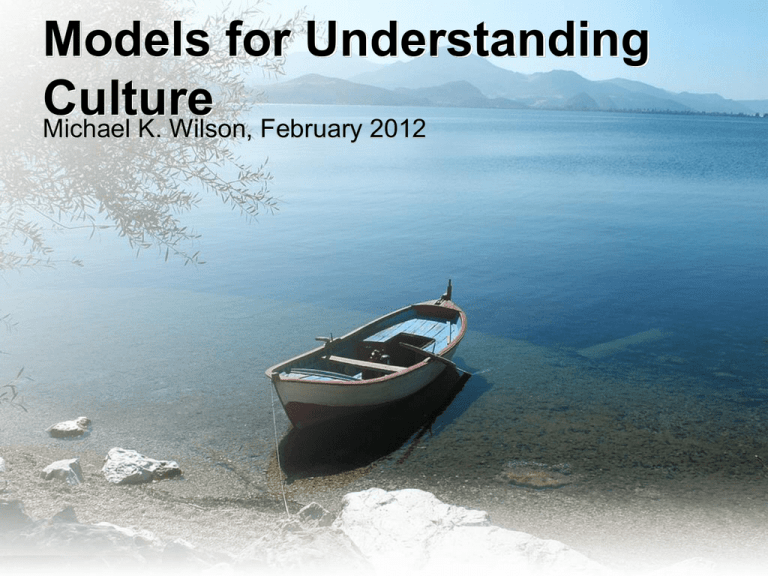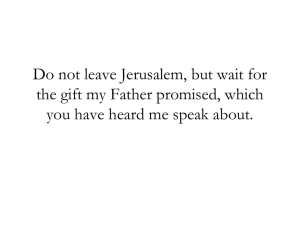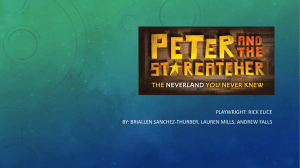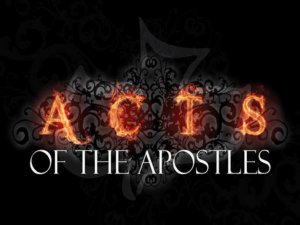Models for Understanding Culture
advertisement

Models for Understanding Culture Michael K. Wilson, February 2012 Symbols: words, gestures, pictures, or objects that carry a particular meaning recognized by those who share a particular culture. Symbols Heroes Heroes: persons, past or present, real or imagined, who possess traits highly prized in a culture and serve as models for behaviour. Rituals Values Rituals: collective activities that are technically superfluous but, within a particular culture, socially essential, e.g. greetings, how respect shown. HOFSTEDE’S MODEL Symbols, heroes and rituals are observable practices, though their cultural meaning requires interpretation. Values: deepest level; broad feelings about good vs bad, clean vs dirty, beautiful vs ugly, rational vs irrational, normal vs abnormal, natural vs paradoxical, decent vs indecent. Institutions Social – Family, Language, Medicine, Education, Athletics Political – Community Organisation, Government, Law, Mythology, Penal Sanctions Economic – Cooperative Labour, Housing, Inheritance Rights, Property Rights, Trade WO2C WO2C Hesselgrave’s Three Dimensional Model Technological Includes artifacts and activities designed to manipulate the material world. Sociological Includes patterns of relationship and behaviour that govern interaction between individuals and groups. Ideological Includes the knowledge, beliefs, worldview and values of a people. Turner’s Three Levels Model • 1. Individual Personal Level (Deal with sole converts and small groups) • 2. Public Social (Surface Level) (Address social systems and structures) • 3. Deeper Culture (Deep) Level (Address basic culture: language, worldview) Moreau’s Three Levels Model • 1. Individual Idiosyncracies (Each member of a culture accepts or rejects elements, with varying skills in applying those elements) • 2. Cultural Particulars (The means by which a particular culture meets its universal human needs; all aspects of life are touched and altered by culture) • 3. Human Universals (Dimensions/elements found in every human society, eg. Language, institutions, values. sociability) Lingenfelter’s Six Ways of Life Bureaucratic Authoritarian - GROUP Corporate Hierarchist Pilgrim Transformed Submission Individual Individualist Hermit Autonomy + GRID GRID - GROUP + Collective Egalitarian Layers of Culture Peter’s Way of Life Before Antioch Peter socialised as a Jew since birth (Gal 2:15) Peter’s Way of Life Before Antioch Peter believes Jewish customs are essential (Acts 10:14) Peter socialised as a Jew since birth (Gal 2:15) Peter’s Way of Life Before Antioch Values obedience Believes Jewish customs essential Peter the socialised Jew to Jewish customs Peter’s Way of Life Before Antioch Values obedience Believes customs essential Socialised Jew to Jewish customs Peter’s Way of Life Before Antioch Values obedience Believes customs essential Socialised Jew to Jewish customs One Slice of Aussie Culture Worldview Free to do what you want Social Influences Values Parents, school, community, etc. confirm worldview Treat people as equals Behaviour Call boss by first name Social Setting Authority relationships In Good Taste? A businessman from Hong Kong was making his first trip to Sydney. He was staying at an exclusive international hotel. He had a large number of nonChinese business contacts he was eager to develop. He decided to put on a banquet for them. However, instead of inviting them to a Chinese restaurant he arranged with the hotel to do the catering for the banquet. His guests included one of the managers of the hotel where he was staying. When his guests were assembled the businessman made his introductions. However, the manager was stunned and offended when the businessman said, “I am very sorry that this food and drink is not very good.” Chinese Businessman’s Culture Worldview All people have defined social roles Social Influences Parents, school, community, etc. confirm worldview Values Behaviour Social Setting Places great value on hospitality; hosts must honour guests Says, “I am sorry the food and drink is not very good” A hospitality setting in exclusive hotel – a business function. Joy Luck Club Dinner Scene • http://www.youtube.com/watch?v=_t82 eWkb_tM&feature=related What Australians value about their culture and don’t want to lose • Australian identity ….. its heritage/ history / traditions / heroes/ • Pride in Australian culture • Laid back attitude • Freedom to choose… to be yourself/ to express your own opinion/ not to be bound by traditions and cultural • Holistic approach to life balancing study/ sport/ recreation etc…. • Quality of life > health system/ social welfare • Christian values as the basis of Australian values • Australia’s environment • Education that is not just stuffing in information but emphasises student learning and growth > lifelong learning • Success? As a multicultural nation What Chinese value about their culture and don’t want to lose • Eating Chinese food • Being reserved and modest as a virtue which doesn’t mean we are unfriendly • Showing respect for elders > filial piety > using ‘Uncle’ and not first names • High value placed on family and family honour • High value placed on academic achievement • The importance of Chinese festivals and their meaning • Chinese history • Etiquette and manners • Not doing something that will make another person feel bad > consideration for other people • Saving face • Use of Chinese language








